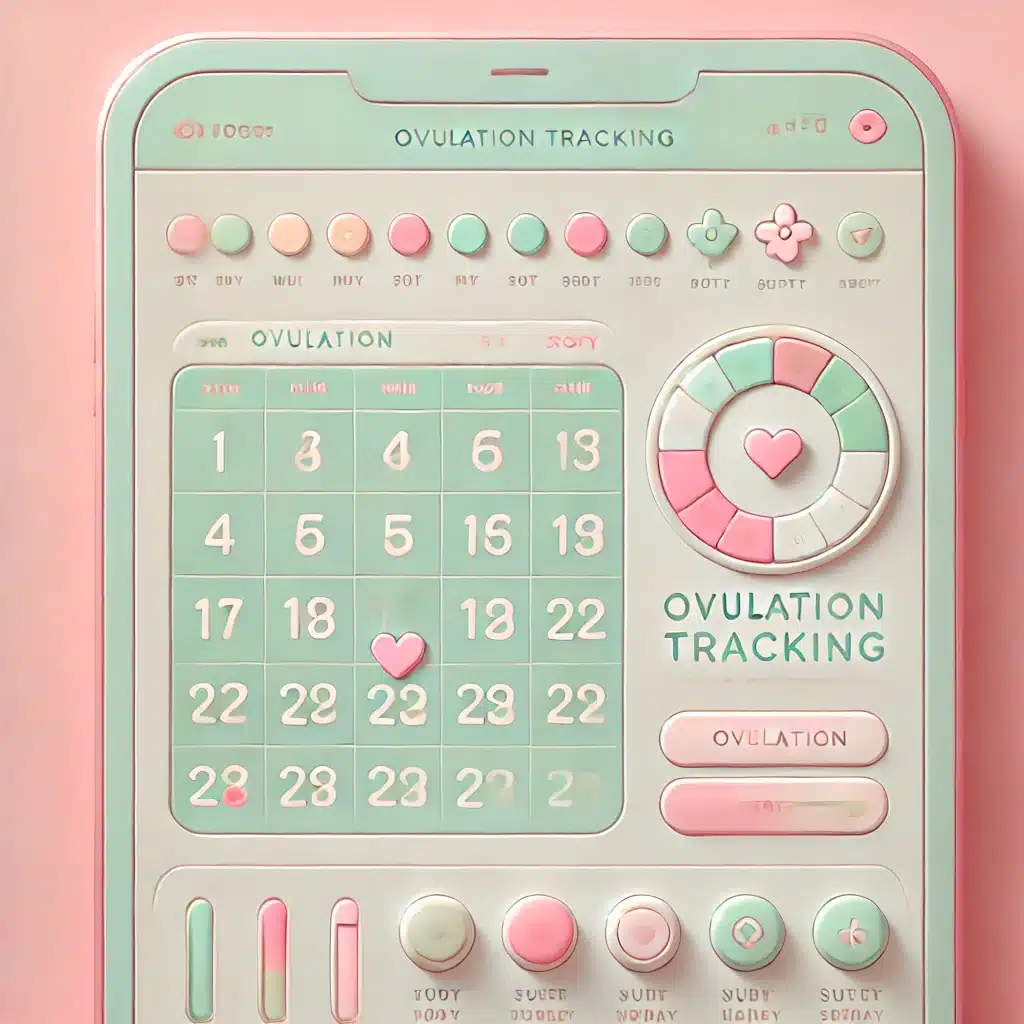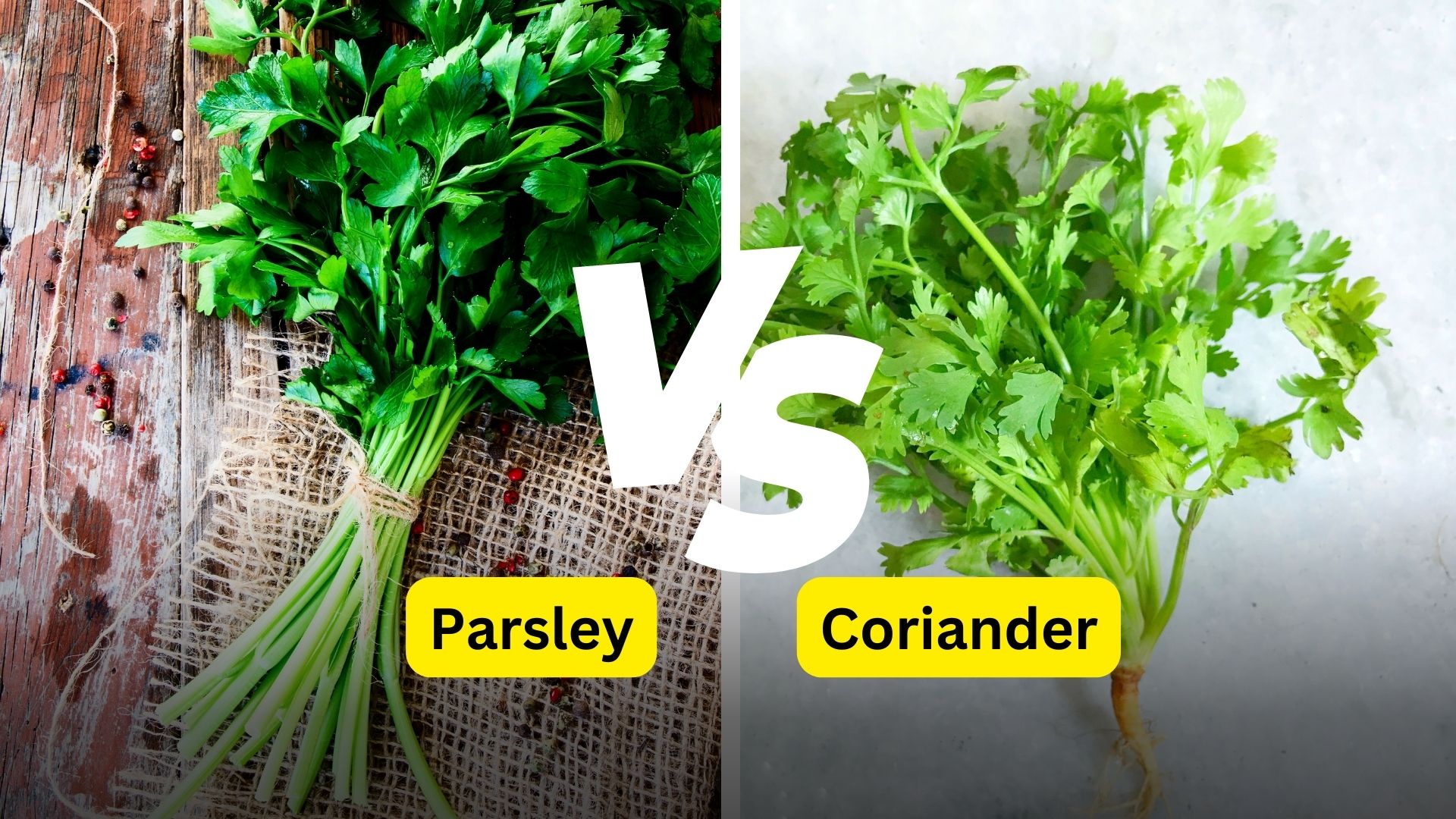
You ever get that “gut feeling” with something? And as it happens, your gut is responsible for a lot more than food consumption. It contributes significantly to your overall well-being, from improving your immunity to impacting your mood.
Picture your digestive system as a busy city, where the good bacteria keep everything functioning well. But, just like any city, it requires the appropriate resources to thrive.
That’s where probiotic and prebiotic supplements come in. You might have seen these phrases on yogurt containers or supplement bottles, but what do they really do? And do you really need to use both? So, let’s explain.
What Are Probiotics?
Probiotics are the good bacteria that support your gut health. They’re like the good guys in your digestive system. They help improve your digestion, fight harmful bacteria, and strengthen your immune system.
Benefits of Probiotics
Here are some of the many benefits using more probiotics can give you.
- Good digestion: They help break food down so your body can absorb nutrients.
- Enhanced immunity: They assist in system defense mechanisms against infections.
- Better mood: Since the gut is connected to the brain, a happy gut means a happier mind. Try them out and your mood will improve.
- Less bloating and gas: Balances gut microorganisms to avoid digestive discomfort, which means you will have less problems with bloating and gass.
- Healthier skin: Certain probiotic strains may help you with acne and eczema.
- Weight management support: Some probiotics can help your metabolism work better and help you lose weight in your belly. This is a great solution if you are already on a weight loss journey.
- Reduces cholesterol: They can lower levels of bad cholesterol.
- Enhanced nutrient absorption: Help your body extract maximum potency of vitamins and minerals from food.
- Helps with IBS symptoms: Good for those with irritable bowel syndrome (IBS) as they can ease discomfort.
- Supports heart health: They may help regulate blood pressure and inflammation.
Where to Find Probiotics?
You can find probiotics in fermented foods (like yogurt, kefir, kimchi, sauerkraut, miso, kombucha, and so on) and you can find probiotic supplements in capsules, powders or drinks that contain live strains of bacteria.

What Are Prebiotics?
Prebiotics are basically like food for probiotics. They are types of fiber your body can’t digest, but fuel the good gut bacteria, helping them grow and thrive.
Benefits of Prebiotics
Here are some benefits of using prebiotics:
- They feed good bacteria: Basically, they help probiotics do their job.
- Enhance digestion: Prebiotics help support regular bowel movements.
- Enhance calcium absorption: They’re good for your bones.
- Anti-inflammation: Promote gut harmony and decrease bloating.
- Improve your mood: Prebiotics help out with your mood and stress management.
- Help improve and strengthen your immune system: Promote a healthy gut environment, which is essential for immunity.
- They help regulate your blood sugar levels and improve your insulin sensitivity.
- Support weight loss: They can help you control your appetite and food cravings better.
- Increase mineral absorption: Increase your body’s ability to utilize certain minerals like magnesium and iron.
- MEM protects against colon cancer: Some prebiotics may help reduce the risk of colorectal cancer.
Which Foods Contain Prebiotics?
You can find prebiotics in foods that are rich in fiber ( like bananas, onions, garlic, leeks, asparagus, whole grains, and so on) and in prebiotic supplements. They are usually available as fiber powders or added to probiotics.
Why Probiotics and Prebiotics Work Best When Combined?
Now that you know what probiotics are and what prebiotics are, you may be wondering: do you really need both? The answer is yes.
Probiotics are like the seeds in a garden (they need to grow and prosper). And prebiotics are the fertilizer that allows those seeds to flourish.
Without prebiotics, probiotics may die before they can do any good. That’s why a number of supplements combine the two into a single formula, sometimes called synbiotics.

Food Sources of Probiotics and Prebiotics vs. Supplements
Although you can obtain both probiotics and prebiotics from food, many people still use supplements to make sure they’re getting enough.
|
Food Sources |
Supplements |
|
|
Probiotics |
Yogurt, kefir, kimchi, miso, sauerkraut |
Capsules, powders, drinks |
|
Prebiotics |
Bananas, garlic, onions, oats, asparagus |
Fiber powders, added to probiotic formulas |
If you eat a varied diet and get plenty of fermented foods and fiber, you may not need as many supplements. But if you have digestive issues or rarely eat these foods, supplements can be very helpful.
Picking the Right Probiotic and Prebiotic Supplement
If you choose to take supplements, it’s worth knowing:
Probiotic Supplements
Here are some things to consider when choosing the right probiotic supplements:
- Seek multiple strains: You get different benefits from different strains of bacteria. For example, Lactobacillus and Bifidobacterium can support different functions of gut health (like digestion, immunity and metabolism).
- Look at the CFU count: CFU (Colony Forming Units) shows you how many bacteria are present in the supplement. Aim for at least 10 billion CFUs for effectiveness, but higher doses might be needed for specific conditions.
- Look for third-party testing: Confirm that the supplement contains what it says it does. Some products might not have viable bacteria when you consume them, so choose brands with good reputations that do verified testing.
- Think about storage needs: Certain probiotics need to be kept in the refrigerator to remain potent, while others can just sit on a shelf. Just be sure to store them properly to keep the bacteria alive and make sure they do their job.
Prebiotic Supplements
Here are some things to think about when choosing your probiotic supplements:
- Select prebiotics from natural fiber sources: Check for inulin, fructooligosaccharides (FOS), or galactooligosaccharides (GOS). These natural fibers nourish good bacteria and support gut health.
- Avoid using too many supplements: Too many fibers in one go can lead to bloating, gas, and discomfort. You can start small and increase your dose over time.
- Some formulas even combine prebiotics and probiotics for better results, so look for synbiotic formulas. They give probiotics the necessary fuel they need to be as effective as possible, so they’re a great choice.

Do You Need Both Probiotic and Prebiotic Supplements?
If you have a very diverse diet that’s rich in fiber and fermented foods, supplements may not be as necessary, but they can still be a great addition. However, if you experience challenges around digestion, immunity or following a balanced diet, then including probiotic and prebiotic supplements can help you out big time.
The key takeaway? Probiotics and prebiotics work best together. Consider them partners in the job of keeping your gut happy and healthy. Your gut will thank you, so make sure you do your best to take care of it.
















































































































































